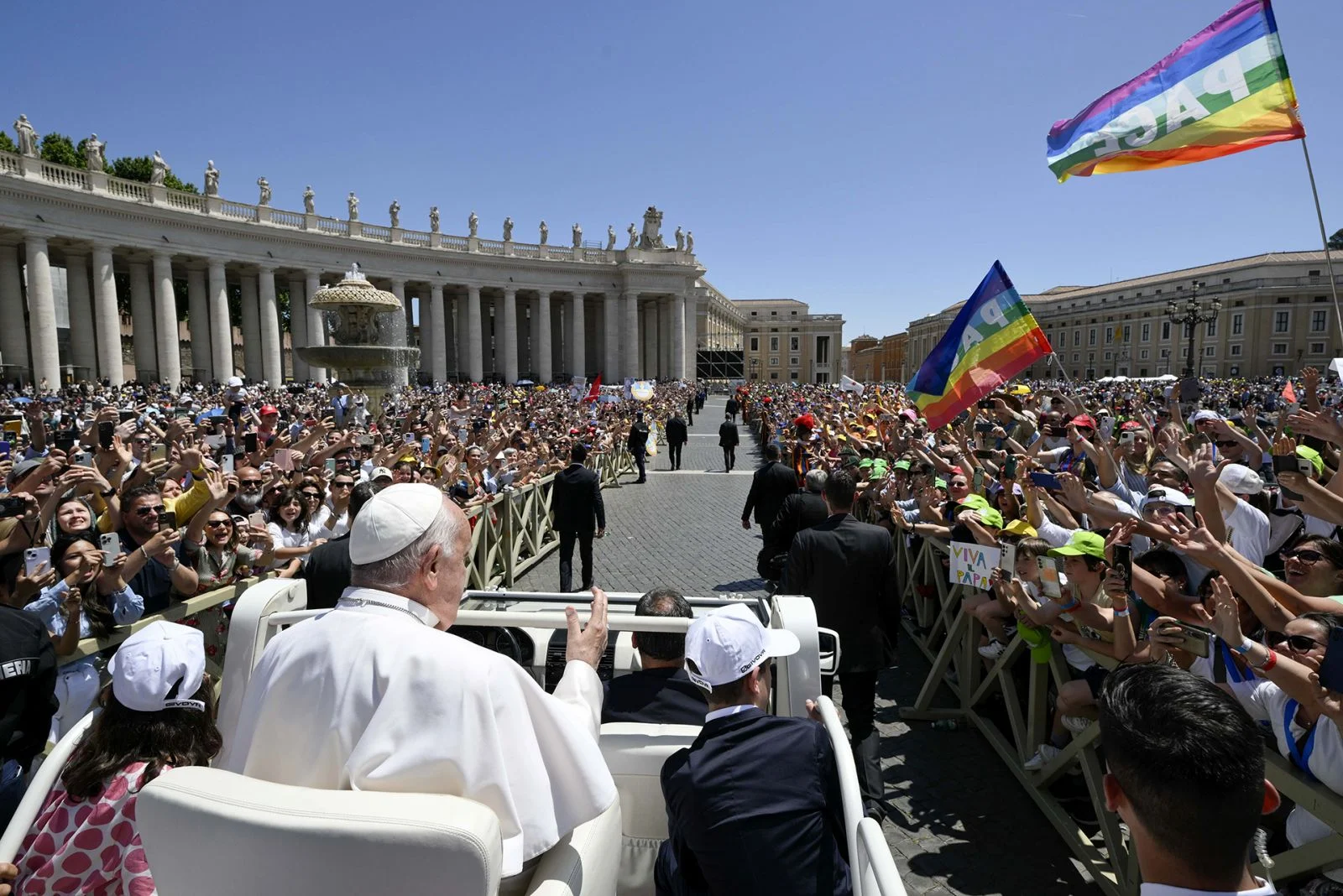moulddni0.com – The Vatican, an independent city-state enclaved within Rome, Italy, serves as the spiritual and administrative center of the Roman Catholic Church. Governed by the Pope, who is considered the successor to Saint Peter and the spiritual leader of the world’s Catholics, the Papacy has played a significant role in shaping world events throughout history. This article explores the multifaceted impact of the Papacy on global affairs, from its influence on culture and politics to its role in humanitarian efforts and international diplomacy.
Historical Influence of the Papacy
Historically, the Papacy has been a pivotal force in European politics and beyond. During the Middle Ages, the Pope wielded considerable temporal power, often acting as a mediator among warring states and exerting influence over the appointment of monarchs. The Papal States, territories under the direct control of the Pope, were a significant political entity until the late 19th century. The Papacy’s influence waned with the rise of nation-states and the Reformation, but its moral authority remained a key factor in international relations.
Cultural and Social Impact
The Papacy has been a custodian of Western art and culture, with the Vatican Museums housing some of the world’s most renowned artworks, including Michelangelo’s Sistine Chapel ceiling. The Church’s teachings have shaped Western philosophy, ethics, and law, influencing everything from the development of human rights to the structure of modern education systems.
Modern Diplomacy and Humanitarian Efforts
In the contemporary era, the Papacy has become a key player in international diplomacy, advocating for peace, human rights, and social justice. The Vatican is the only entity of its kind to enjoy “permanent observer status” at the United Nations, allowing it to participate in discussions on global issues. Popes have played crucial roles in resolving conflicts, most notably Pope John Paul II’s efforts to end the Cold War and his support for Solidarity in Poland.
The Papacy also leads significant humanitarian efforts, with the Pontifical Council for the Pastoral Care of Migrants and Itinerant People addressing the needs of refugees and migrants worldwide. The Church’s global network of charities and organizations provides aid in disaster relief, healthcare, and education, reaching millions of people in need.
Conclusion
The impact of the Papacy on world events is profound and multifaceted. From its historical role in European politics to its modern influence on international diplomacy and humanitarian efforts, the Vatican remains a significant global actor. As the world continues to face complex challenges, the Papacy’s moral authority and commitment to peace and justice will undoubtedly continue to shape the course of global events.
